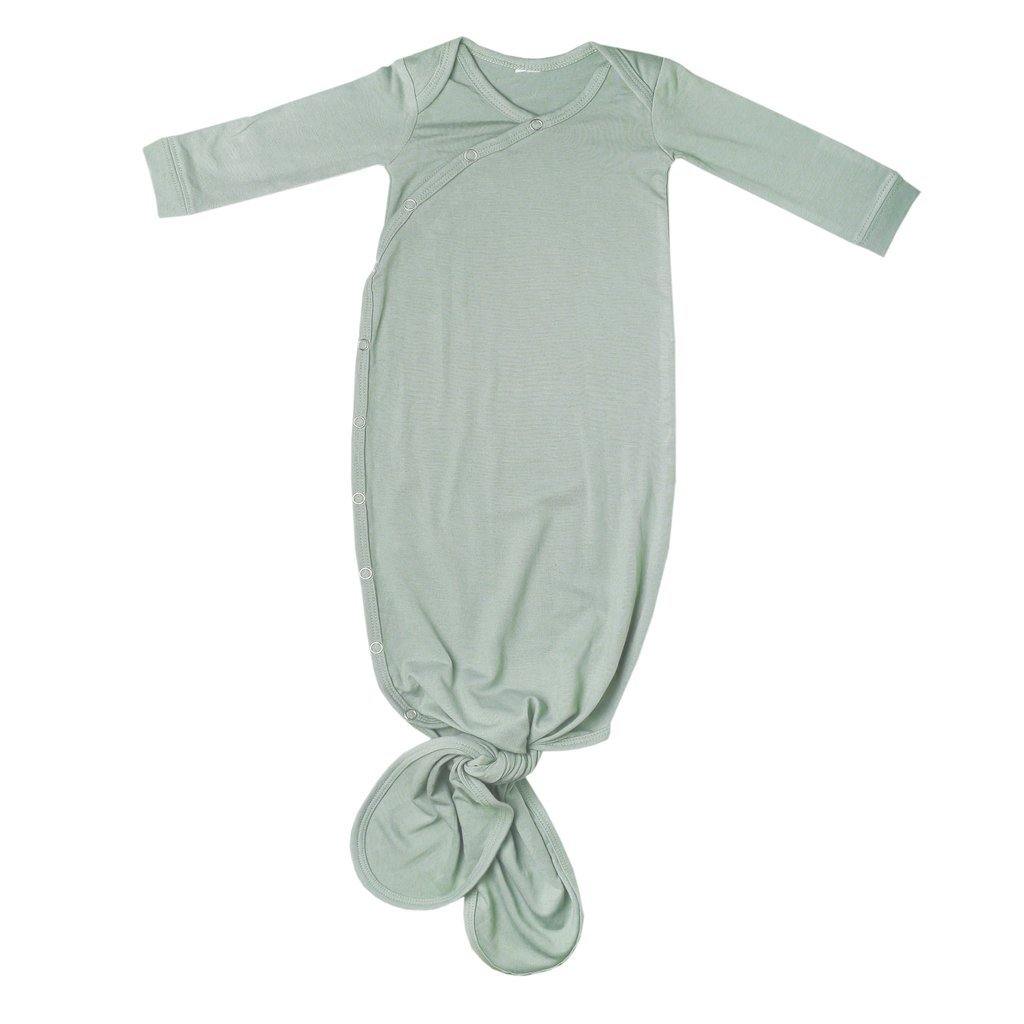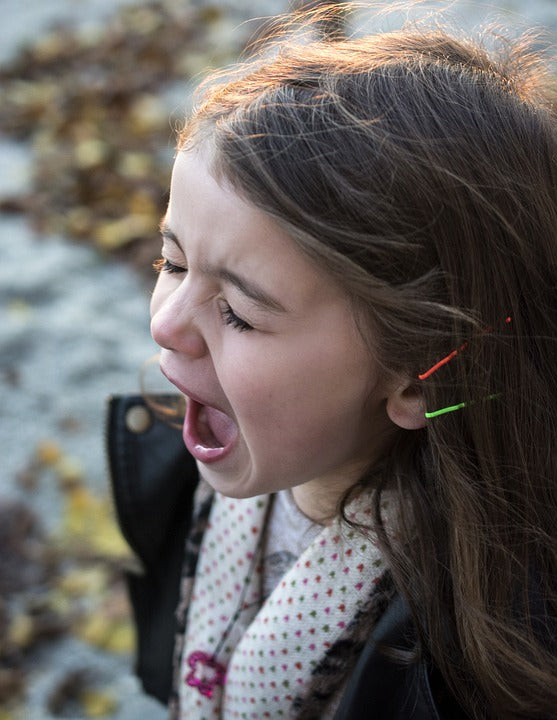If you've been keeping up with our mini series on yelling at your kids, then you'll know we've talked about the way yelling changes the development of our children, some alternatives to shouting, and how we can make sure to keep our cool as a couple. But what about when yelling is truly an appropriate response?
Is yelling ever an appropriate response to a child's behavior?
The truth is it is actually okay to yell at our kids, but the important thing for us to remember is it should be the EXCEPTION not the rule.
During my time working with children who had behavioral or developmental problems, I learned a very valuable lesson: the less you yell, the more they hear you when you do. 
Now I am well aware that this is an incredibly hard lesson to put into practice in your own home, especially when you have asked your child to put on his clothes FIFTEEN times and he's still insisting on putting together a puzzle. Trust me, mama, I know all about losing my cool. But when we resort to yelling at our kids whenever they disobey, move too slowly, or simply don't listen, it can have the opposite effect than what we're looking for.
Experts call this "shutdown mode". It's when our kids are so used to hearing something or receiving the same feedback from their parents that they don't respond to it. When it comes to yelling, this will make us even more frustrated!
So when is it okay to yell?
A good rule of thumb is to only yell at our kids when we feel they may be in danger (or endanger someone else) if they continue behaving a certain way. Since this is pretty broad, I've come up with a couple of instances where I've used this technique and it has (thankfully!) worked.
My son was throwing a tantrum when we left the gym childcare, and ran out into the middle of the parking lot. I ran after him and shouted at the top of my lungs, "STOP!" He stopped dead, turned to face me, and I was able to get him back to the car without anything happening. That's when I was able to explain to the best he could understand the reason I yelled, and why he shouldn't do that again.
Another example of appropriately using yelling is if (okay, fine, WHEN) your kid hurts another kid. My son was a biter. Ugh. And at home we were a little more lenient and did our best to ignore it if it happened, or scold but not yell. But when I caught him going after another boy at the park I yelled, "HUDSON, NO!" Again, at the top of my lungs, no holding back. More than anything, it shocked him into stopping the behavior and gave me enough time to get over there and stop it.
Now it's pretty embarrassing when you're using yelling only in scary situations, or to make sure that your little doesn't hurt himself or somebody else, but it really will make a bigger impact the rarer it is.
Your family will be able to decide what are the most important things for your kid(s) and in what situations you would feel yelling could make a big impact (for the better) on their behaviors.





